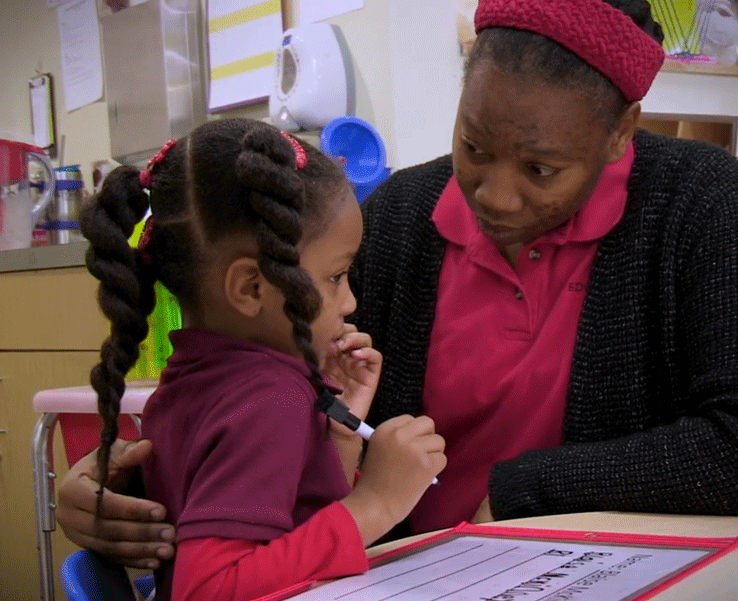Preschool is an important time for children to build pro-social behaviors and learn to get along with other kids in a school setting. Recently, there has been more emphasis on academic preparation in preschool, but just as important, are the social and emotional skills kids will need to succeed when they move into kindergarten.
Educare New Orleans Early Childhood School is a public pre-K that focuses on giving kids the language to talk about their emotions from an early age. Their play-based curriculum gives teachers lots of opportunities to help students build self-regulation skills. Educators here say success is when a child moves into elementary school with the self-regulation skills they need to focus and learn at the next level.
"They're better able to verbalize their emotions and what they're going through," said Thomas Whifield, family support manager at Educare New Orleans. "They're ready to speak about their problems and not react to their problems. And my doing that they're ready to go to that next level."
Teachers use the Conscious Discipline curriculum, which they like because it doesn't focus on managing behavior, but rather on giving kids the tools to direct it themselves. Edutopia profiled Educare's social and emotional program on their "Schools that Work" segment.


